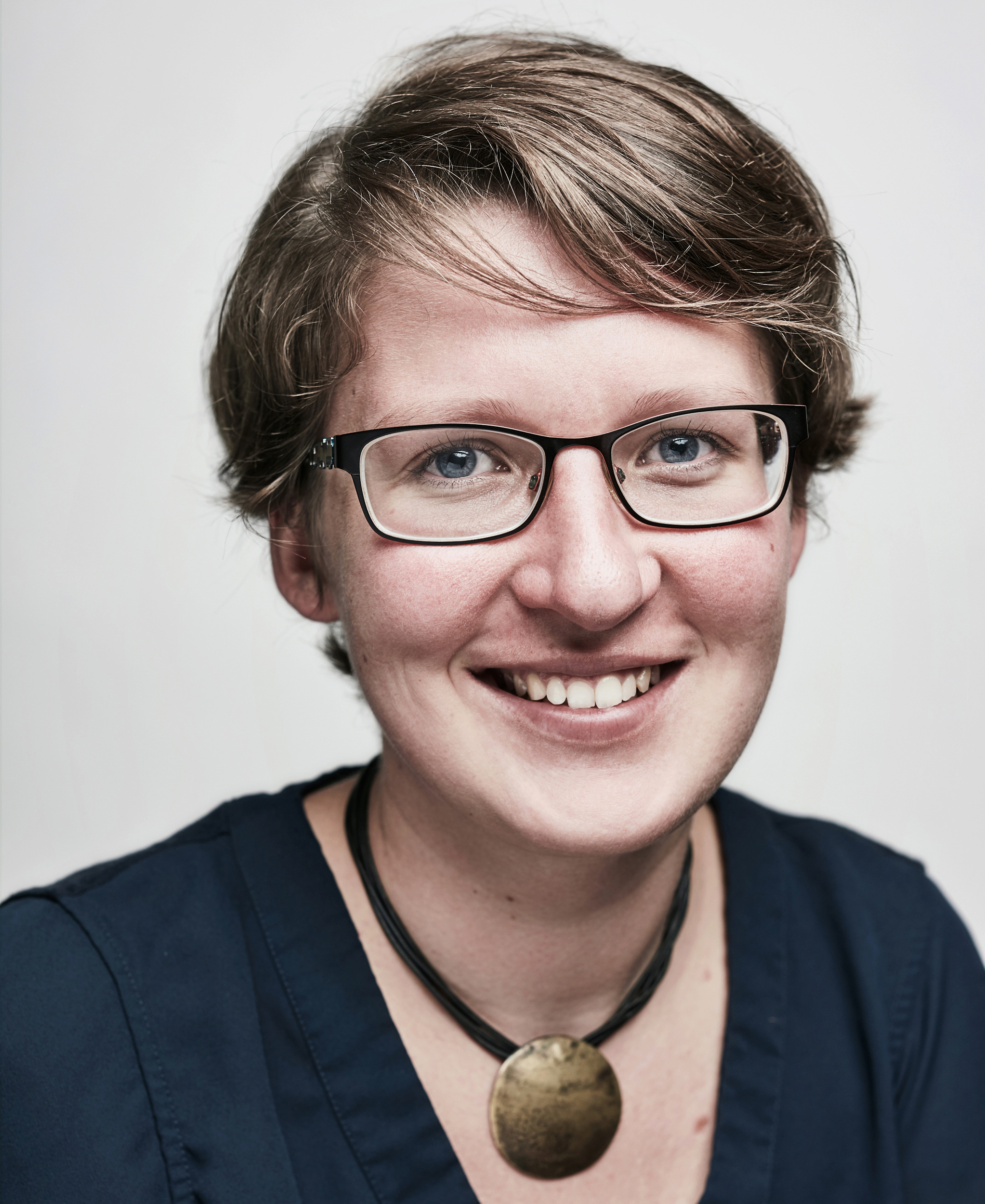Ulrike Lühe
Research Expertise
About
Ulrike Lühe is a Postdoctoral Fellow at the School for Public Policy and Global Affairs and School of Information, the University of British Columbia where she works in collaboration with the Transformative Memory International Network under the supervision of Erin Baines (SPPGA) and Elizabether Shaffer (iSchool).
Before joining the SPPGA and iSchool Ulrike completed her PhD on “Developing the African Union Transitional Justice Policy. A Study in the Practice(s) of Expertise in International Relations” at swisspeace and the University of Basel, Switzerland in 2021 as part of the project “Knowledge for Peace. Understanding research, policy, and practice synergies”. Since then she has co-coordinated the project “Corporate symbolic reparations in transitional justice contexts. Case studies from South Africa, Germany and Colombia” financed by the Swiss Network for International Studies and implemented jointly with the Institute for Business Ethics of the University of St. Gallen, the Center for the Study of Violence and Reconciliation in South Africa and the Centro Regional de Empresas y Emprendimientos Responsables in Colombia. She holds BAs in African Studies and Political Science from the University of Leipzig, Germany, and an MPhil in Justice and Transformation from the University of Cape Town, South Africa.
Her research interests center around the politics of knowledge production in IR and peacebuilding, as well as the politics and practices of documentation and archiving in conflict and post-conflict contexts.
Teaching
Research
Ulrike’s current research analyses documentation and archival practices in post-conflict contexts from a critical International Relations perspective. Focusing on northern Uganda, she analyses the relationships between international and local actors and practices in archival matters. It critically engages with the different documentation and archival approaches different actors use and asks how these can contribute to the needs of post-conflict societies for transformation. The research is funded by the Swiss National Science Foundation. Her long-term research interests focus on three key areas: the international politics of knowledge and expertise, archival practices and politics in post-conflict and transitional justice settings, and the agency of non-state actors in IR and transitional justice.
Publications
Journal Articles
Lühe, U. (2023) The Politics of Methods in Transitional Justice Knowledge Production’, International Affairs 99(5), 1867–83.
Lühe, U.; Ledauphin, R. (2022) Des précurseurs de la collecte de documents au procès Barbie et au-delà : le rôle central du télégramme d’Izieu dans la justice transitionnelle, Revue d’Histoire de la Shoah 216 (2), 283-318.
Lühe, U.; Ledauphin, R. (2021) From the Forerunners of Document Collection to the Trial of Klaus Barbie: The Transitional Justice Journey of the Izieu Telegram, International Journal of Human Rights 25 (3), 440-466.
Viebach, J.; Hovestädt, D.; Lühe, U. (2021) Beyond Evidence: The Use of Archives in Transitional Justice. Introduction to the Special Journal Issue, International Journal of Human Rights 25 (3), 381-402.
Edited works
Viebach, J.; Hovestädt, D.; Lühe, U. (eds.) Beyond Evidence: The Use of Archives in Transitional Justice. Routledge: London.
Jones, B.; Lühe, U., eds. (2021) Knowledge for Peace: Transitional Justice and the Politics of Knowledge in Theory and Practice. Edward Elgar.
Book chapters
Viebach, J.; Hovestädt, D.; Lühe, U. (2023) Archives and Transitional Justice, in C. Lawther & L. Moffett (eds.) Research Handbook on Transitional Justice, 2nd edition.
Lühe, U.; Jones, B. (2022) The Politics of Knowledge and an African Transitional Justice: Analysing Africa as a Constitutive Outside, in B. Charbonneau & N. Bagayoko (eds.) Routledge Handbook of African Peacebuilding, Routledge.
